Sexual Assault in the Military: One Woman's True Story
Polo Tate, author of new memoir Deep Dark Blue, was sexually assaulted multiple times during her time at the Air Force Academy.
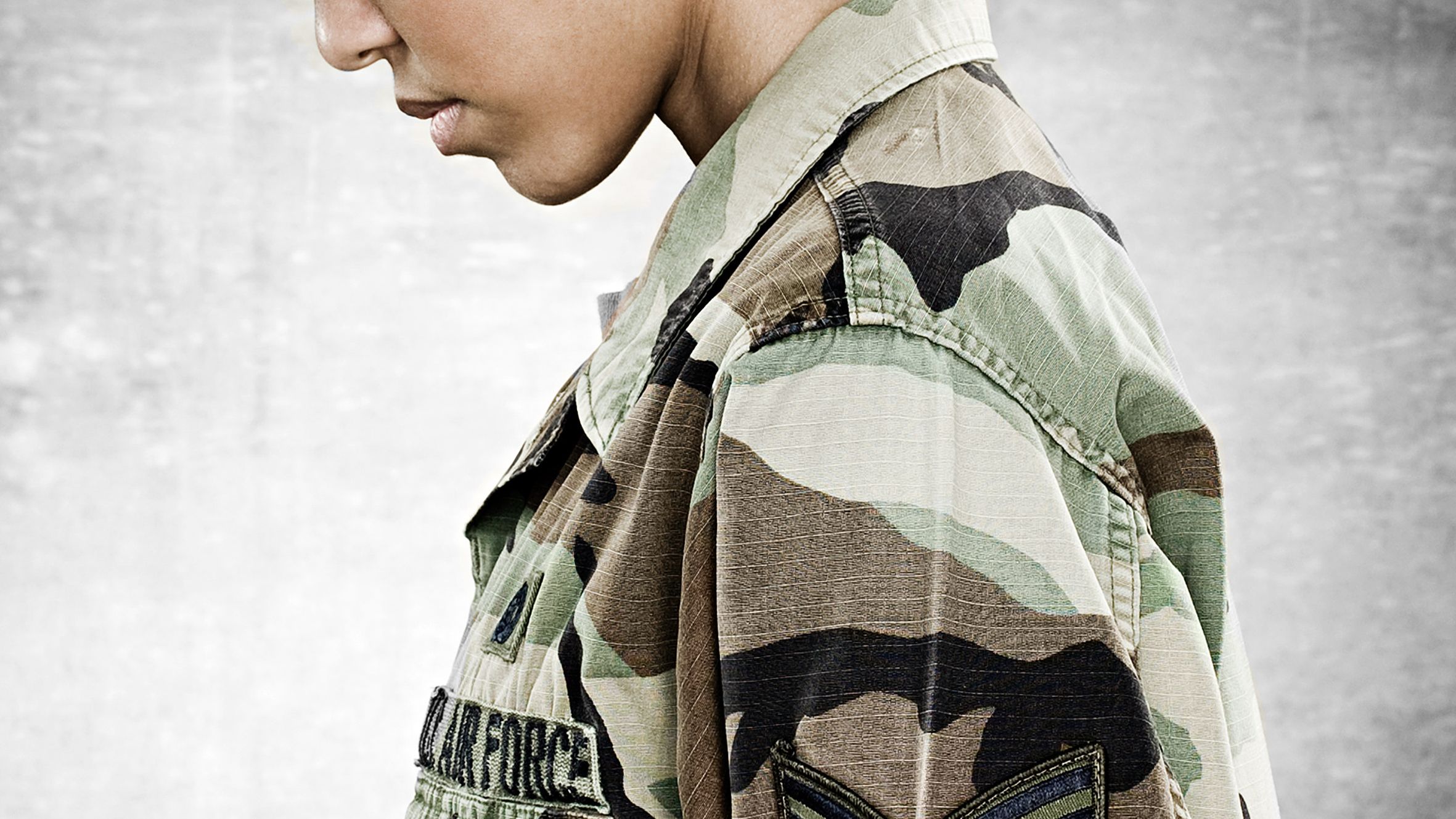
“Come on, Tate. My dog-gone grandma is stronger than you!”
I was face down in the Colorado dirt. The upperclass cadet shoved his hand down the back of my pants, grabbing my belt, camouflage cargos, and underwear, and yanked me off the ground into a plank position he called “the mother.” I was sweating through full battle dress uniform pants, a USAFA ringer T-shirt, combat boots, and class-color baseball cap in the middle of basic cadet training for the United States Air Force Academy.
My arms shook. I felt my face flush. His rough, dirty hands had just scratched my butt cheek during the grab-and-yank.
“You better stay up this time. Your squadron mates are counting on you.”
He shoved his hand down the back of my pants, grabbing my belt, camouflage cargos, and underwear, and yanked me off the ground into a plank position he called “the mother.”
His breath was hot, rancid at my ear. The three other classmates getting “trained” beside me were all male, which was no surprise, given that the Academy was only 11 percent female at the time. The cadet who had stopped the four of us “basics” on the trail—for incorrectly greeting him—knelt down beside me.
“Come on, Taaaate.”
His lip grazed my ear as the words slithered out. I could feel his saliva land on my lobe, my cheek. He put his hand on my ass to apply pressure to my arms and my core. He was testing me.
Stay In The Know
Get exclusive access to fashion and beauty trends, hot-off-the-press celebrity news, and more.
That feels weird. Wait…is that weird?
I wasn’t sure. Is this part of his test? I had just graduated high school, and everything was new—we were expected to become new by the end of basic training. It was dirty, gritty, difficult, and also a challenge that I had applied for, fought for, earned a senatorial nomination for, and accepted with pride. I immediately stifled my inner questioner. I shut down the innate responses to his hand on my backside. I shelved the awkwardness of how the upperclassman was training me, and instantly turned my attention to following his orders.
We had been in plank position for what had felt like an eternity, and I prided myself on my physical strength. I was an athlete, after all. I’d signed my letter of intent to play USAFA volleyball, though I had been recruited for Division I varsity basketball and soccer, too. I had seen, heard, experienced the assumptions of weakness that many cadets—both upperclassmen and my classmates—held about women, and I had made a promise to myself that my gender would not get in the way of my success. I would not give anyone ammunition to try to make me fail at what I had come here to do: to triumph over the challenges that we as cadets faced at our nation’s finest Service Academy, to fly with pride, to graduate with honors, to serve and protect our country, and to find my own niche working for the FBI as a profiler.
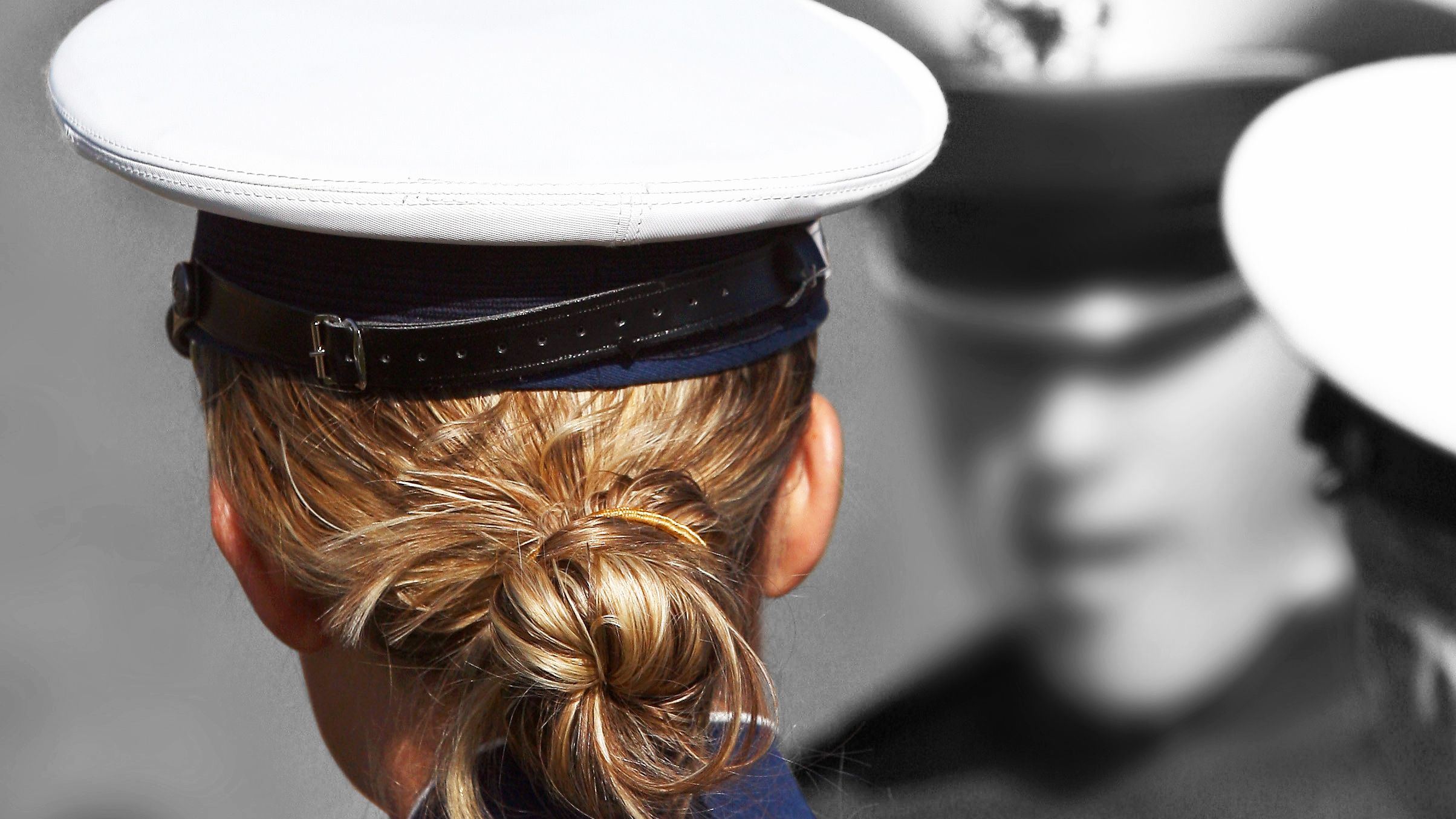
The upperclassman squeezed, digging his fingers into my butt cheek as he put his body-weight behind his push. His gusto swept my right hand away, driving my elbow into the ground. Hard. I could feel the skin peel back, the blood—hot and fresh—escape the opening, and run down my forearm.
His fingers kept digging, his hand did not move.
“GET. UP. PUSSY.”
I winced. Not from pain, not from fatigue, not from his ferocious decibel level. Not even from being called names, for I had been at the Academy three weeks already, and been called every denigrating designation you can think of (and a few you probably can’t). I winced from the simple fact that it is infinitely weirder to be called a pussy when the one calling you that has his hand firmly, deliberately, and prolongedly, on your ass.
As much as I wanted to wriggle away, I didn’t. After a few more minutes of submitting to his inappropriate touch, he let me stand and continue on my way. It wasn’t the first time that I had ignored my natural instincts, severed my innate response mid-synapse in order to persevere the test, the task at hand. The feeling that stakes were high, competition was fierce, and failure was not an option, pervaded our squadron, our team, our school.
After a few more minutes of submitting to his inappropriate touch, he let me stand and continue on my way.
By contrast, the phrase “trust your instincts” had been incorporated into our lessons by most military combat and survival instructors at the Academy. Trust your instincts, your natural, innate, amygdala and reptilian-brained instincts, thousands of years old, that respond without thinking to the stress, threat, or danger intrinsically felt by all animals. A basic, primordial survival technique, often exhibited by fight or flight.
But how are you supposed to “trust your instincts” if the very ones inherent to our survival have been trained out of us? Or worse, attacked then silenced.
Once the bruised, blood-red trail of shock and physical trauma had receded, the deep, salty, swirling waters of violation and betrayal flooded. Many of the surrounding circumstances—the manipulation that was exacerbated by military hierarchy, the hostile atmosphere among my fellow classmates—felt twisted, messy, just…wrong.
The incident on the trail was, unfortunately, just a precursor of what was to come. During my tenure at the United States Air Force Academy I would be violently sexually assaulted—twice.
I left the Academy well into my second year, a broken, black-and-blue shell of a human being. Eviscerated from having been brutally violated, ashamed that it was somehow my fault, and totally disconnected from my inner self, my reptilian brain, my humanness. I had a fissure in my soul running so deep, that leaving my house might as well have been leaving a chum trail that bled into surrounding waters, potentially provoking predators from a mile away.
I desperately needed to learn how to protect myself.
I realized that perhaps I had been disconnected from my inner self long before. Growing up, we are often encouraged to put others before ourselves. Especially women. It's held up as an idyllically feminine trait. In some ways, perhaps, it is fundamentally tied to raising children, inextricably linked to the act of giving birth, as our bodies are biologically equipped to be the primary source of nourishment—on call 24/7 to another being. It is expected with the traditionally female role of “supporting” a spouse, keeping a house. Selflessness as an aspirational trait tends to leak, insidiously, throughout our culture.
But, in actuality, it is not possible to be truly “self-less.” To be without your own self is to negate your worth, your value, your purpose, use. It is careless, dangerous. And, it helps no one. Not your family, your friends, your job, your passions. It does not help you. The only way to truly be able to give in any deep, profound way, is to make sure that you are healthy, happy, and whole. Nourish yourself. First. Before anyone or anything else.
Selflessness as an aspirational trait tends to leak, insidiously, throughout our culture.
Before we can “trust our instincts,” we need to connect our deep, soul-reflecting, inner being with our physical, action-oriented outer being. To truly hear, then protect the most important aspects of our own vulnerability.
Opening up a portal into our deepest, darkest fears and vulnerabilities allows them to be acknowledged, expressed, and exorcised from our being. Putting a spotlight on your own perceived weaknesses may sound counterintuitive, but the powerful monster of fear feeds on the unknown, and grows exponentially in the darkness of denial.
I had gotten to a critical mass in trying to keep the secrets of USAFA inside my wounded soul. They had grown so epically in the shadow of my shame that I had no choice but to stare into the fissure of my heart, into the deepest part of my inner being, and face them. Once I recognized and got to know my own vulnerability, once I let my inner self speak, I slayed the monster. I am able to defend not just my physical self, but my spiritual and emotional self, too. And to finally acknowledge, hear, and most importantly, trust my instincts.
Polo Tate is the author of the memoir Deep Dark Blue, available now.
-
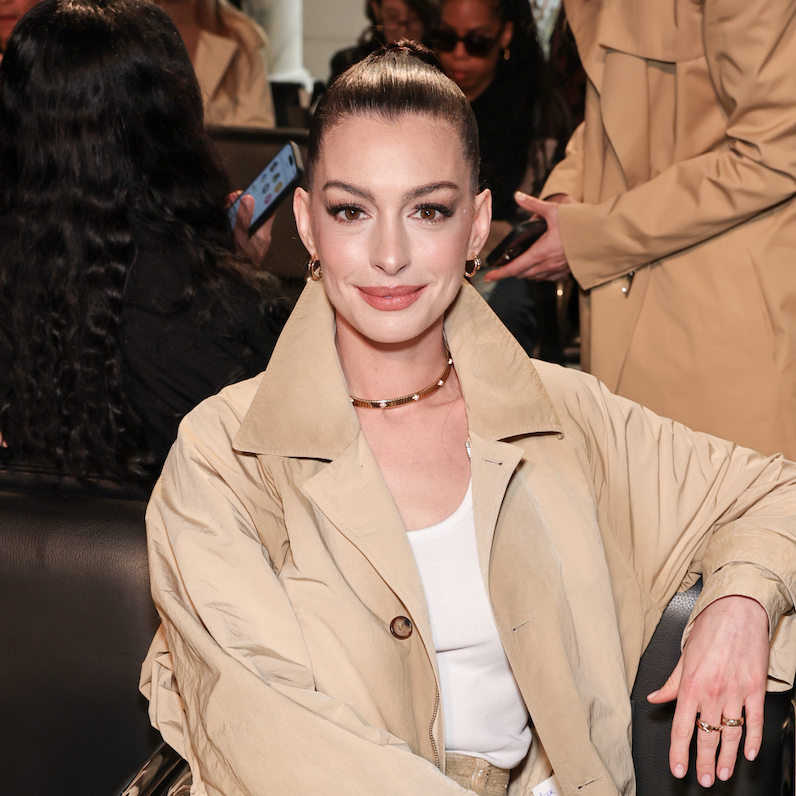 Anne Hathaway Doubles Down on Luxury's Favorite Neutral
Anne Hathaway Doubles Down on Luxury's Favorite NeutralShe painted herself in the timeless hue.
By Kelsey Stiegman
-
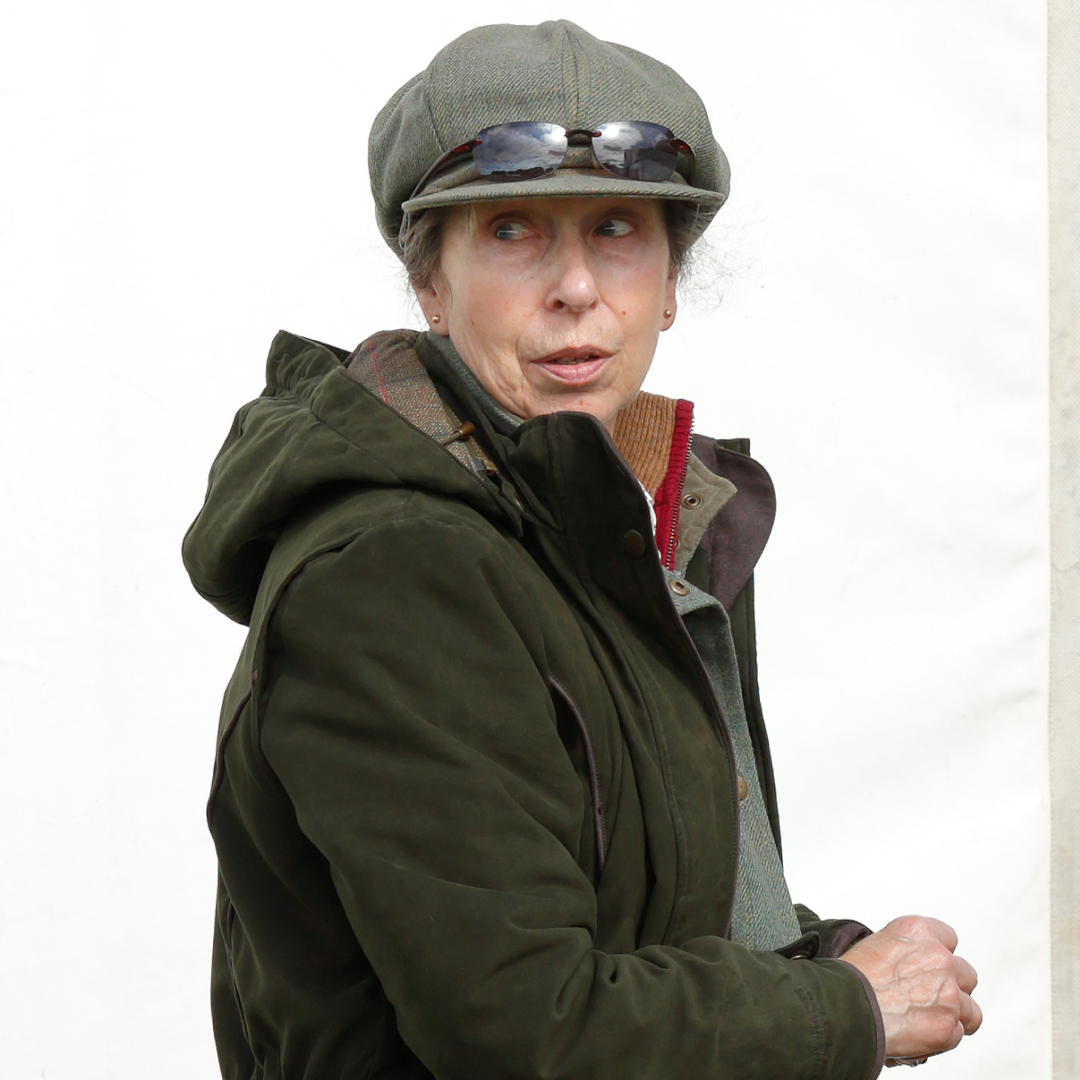 Princess Kate Is Channeling Princess Anne's Signature Style in an Unexpected Way
Princess Kate Is Channeling Princess Anne's Signature Style in an Unexpected WayThe Princess of Wales is following in the no-nonsense Princess Royal's footsteps.
By Kristin Contino
-
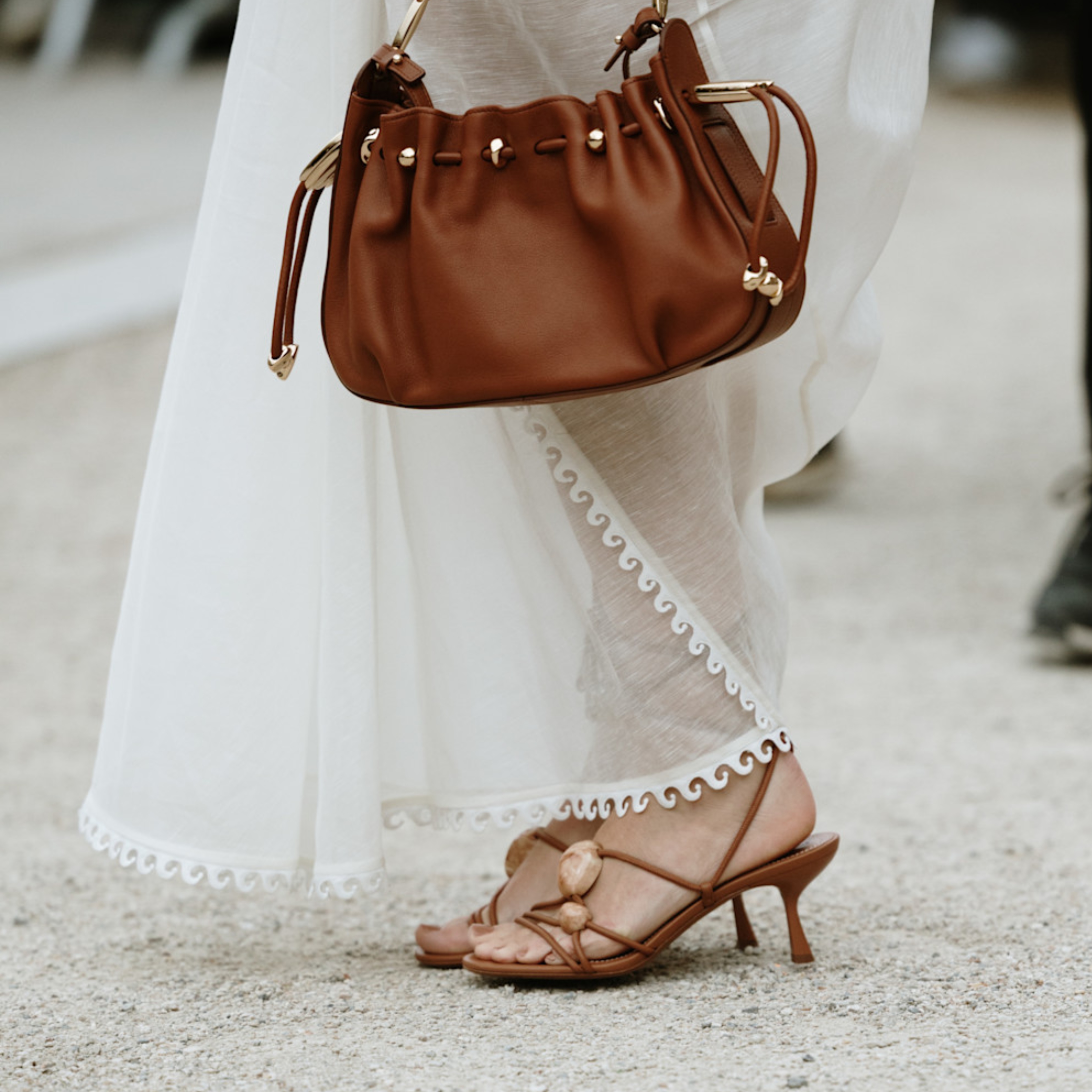 These Under-$200 Sandals Are Bound to Sell Out
These Under-$200 Sandals Are Bound to Sell OutIt's time to stock up.
By Lauren Tappan
-
 36 Ways Women Still Aren't Equal to Men
36 Ways Women Still Aren't Equal to MenFeatures It's just one of the many ways women still aren't equal to men.
By Brooke Knappenberger
-
 How New York's First Female Governor Plans to Fight for Women If Reelected
How New York's First Female Governor Plans to Fight for Women If ReelectedKathy Hochul twice came to power because men resigned amid sexual harassment scandals. Here, how she's leading differently.
By Emily Tisch Sussman
-
 Why the 2022 Midterm Elections Are So Critical
Why the 2022 Midterm Elections Are So CriticalAs we blaze through a highly charged midterm election season, Swing Left Executive Director Yasmin Radjy highlights rising stars who are fighting for women’s rights.
By Tanya Benedicto Klich
-
 Tammy Duckworth: 'I’m Mad as Hell' About the Lack of Federal Action on Gun Safety
Tammy Duckworth: 'I’m Mad as Hell' About the Lack of Federal Action on Gun SafetyThe Illinois Senator won't let the memory of the Highland Park shooting just fade away.
By Sen. Tammy Duckworth
-
 Roe Is Gone. We Have to Keep Fighting.
Roe Is Gone. We Have to Keep Fighting.How To Democracy always offers a path forward even when we feel thrust into the past.
By Beth Silvers and Sarah Stewart Holland, hosts of Pantsuit Politics Podcast
-
 The Supreme Court's Mississippi Abortion Rights Case: What to Know
The Supreme Court's Mississippi Abortion Rights Case: What to KnowThe case could threaten Roe v. Wade.
By Megan DiTrolio
-
 Sex Trafficking Victims Are Being Punished. A New Law Could Change That.
Sex Trafficking Victims Are Being Punished. A New Law Could Change That.Victims of sexual abuse are quietly criminalized. Sara's Law protects kids that fight back.
By Dr. Devin J. Buckley and Erin Regan
-
 My Family and I Live in Navajo Nation. We Don't Have Access to Clean Running Water
My Family and I Live in Navajo Nation. We Don't Have Access to Clean Running Water"They say that the United States is one of the wealthiest countries in the world. Why are citizens still living with no access to clean water?"
By Amanda L. As Told To Rachel Epstein